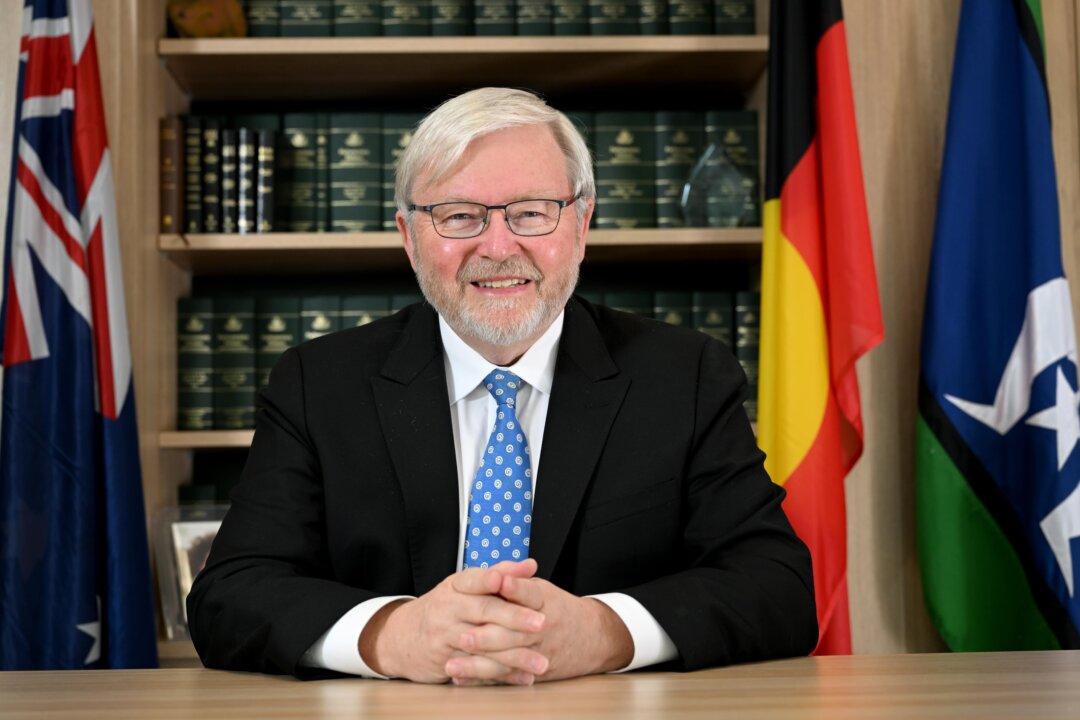Commentary
Many of the observations made about Australia’s choice of a new ambassador to Washington D.C., former Prime Minister Kevin Rudd, are less than complimentary.

Many of the observations made about Australia’s choice of a new ambassador to Washington D.C., former Prime Minister Kevin Rudd, are less than complimentary.